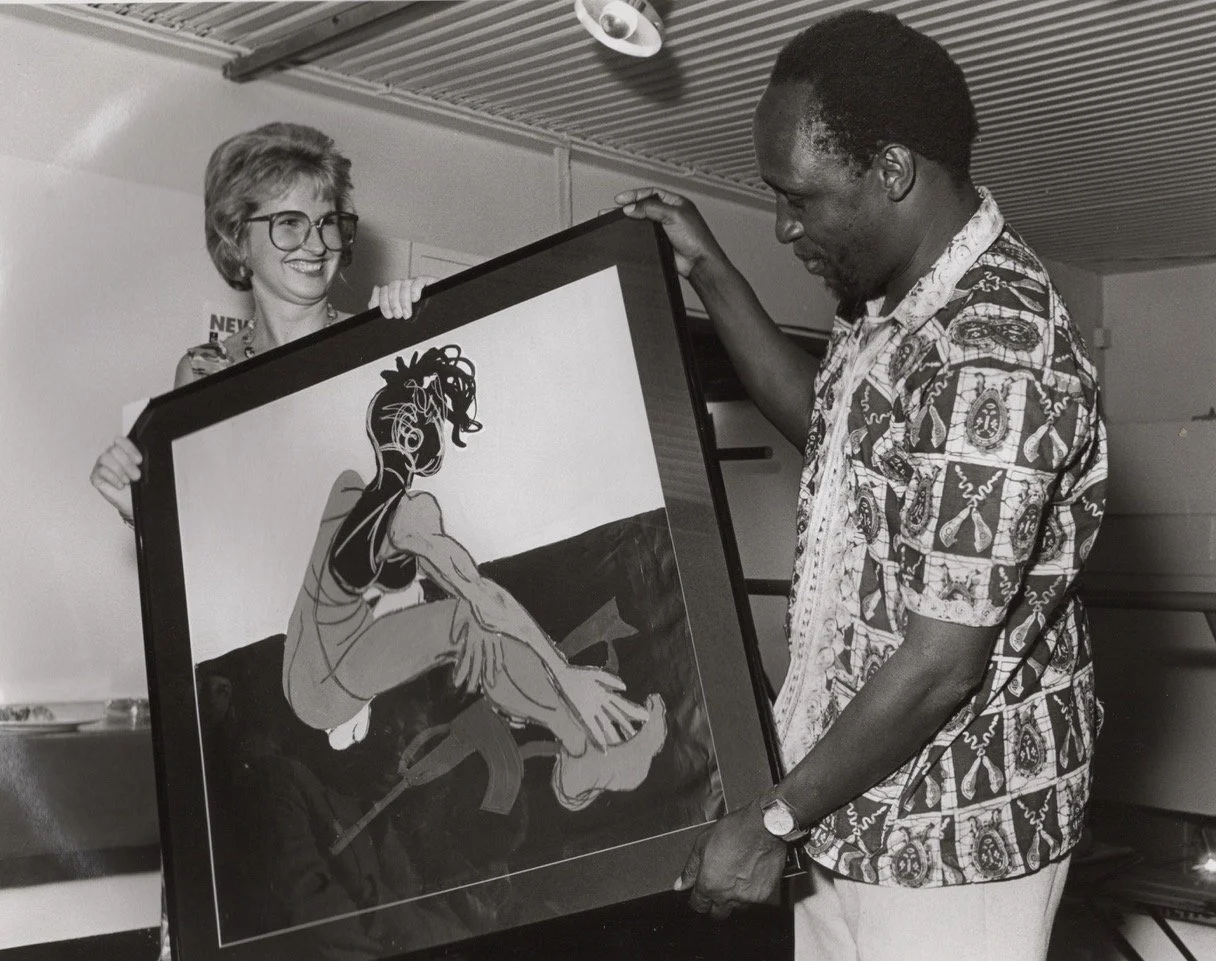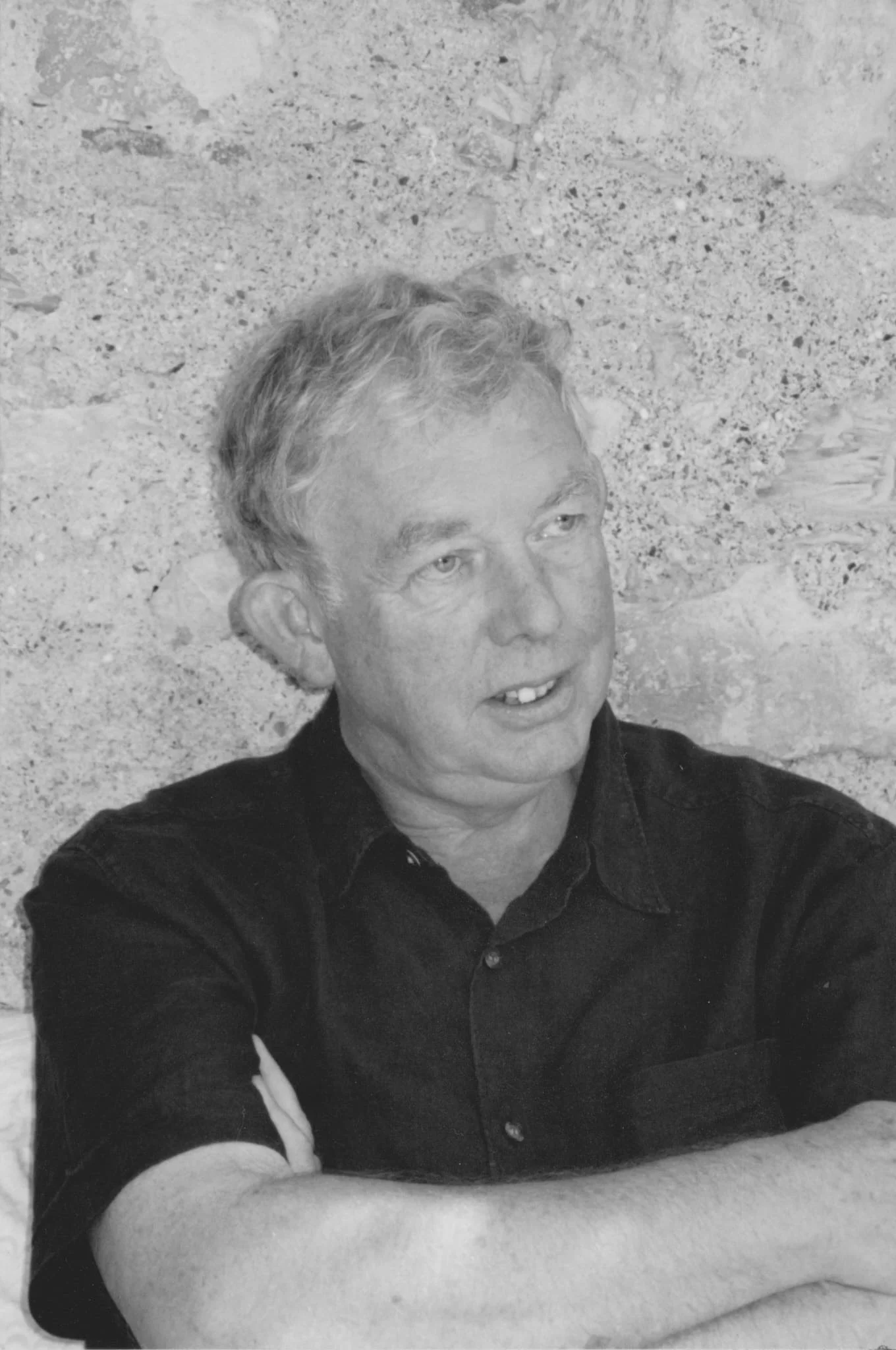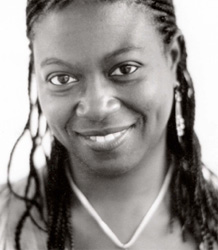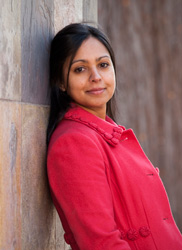What is African literature, who decides what it is, who reads it, who reviews it, who is African? These are questions that have been asked ad nauseum over the years. It is a question that I believe the Caine Prize for African Writing has been helping us answer over the last decade and a half. Not by ivory tower literary critics, but by writers, story by story, sentence by sentence.
This year we have looked at stories as diverse in style and theme as one can imagine, many of which didn’t get shortlisted (at a point we despairingly asked the Director, Lizzy Attree, if it is possible to enlarge the shortlist to six instead of five). There was “Howl”, from A Memory This Size, about a learned dog, by former winner, Rotimi Babatunde, written in the folkloric tradition; there was “Calculus in the Afternoon” from Kwani?, by Mehul Gohil, raw and heartfelt and beautifully written about an Asian/African student in Australia; and there was the faultless and humorous “Bury Babu on Sandy Bay” by Achmat Dangor; there was a strangely beautiful detective story “Eloquent Notes on a Suicide” by Blessing Musariri; there were fantasy stories about people disappearing into their computer screens, about strange visitations by even stranger beings; there was a lot of sex, gay and straight, and yes, this is all African fiction…
Looking at this diversity and profusion of style and theme it feels strange to remember that there was a time, and not too long ago, when some theorists tried to limit what can or cannot be called African literature; some said a work can never be African literature unless it is in an African language – and actually, people like Ngugi wa Thiong’o still believe so. I wonder what people like Obi Wali, the arch-proponent of ‘African literature in African languages only’ would say now if they were to hear that there are writers who write their novels in languages like Flemish and Italian and who unapologetically refer to themselves as African writers. Clearly there is more to it than language and style – it is most importantly about tradition.
Stories like “Chicken”, by Efemia Chela, is clearly aware of this sense of tradition. It opens with a family oriented, very African feast, and then moves on to a theme of exile and loneliness in another land; and to such “unAfrican” themes as lesbianism and the selling of the narrator’s eggs for money – perhaps the furthest it can get from the family oriented opening section. But of course the story is about survival away from the community, a bildungsroman if you like, about the African traveling and surviving in the wider world, about the African writer embracing other themes and acknowledging that the traditional “African issues” alone no longer suffice to define African writing.
Tendai Huchu’s story of Zimbabwean exiles in London, "The Intervention", told with humor and lightness of touch, dealing with a serious subject matter, continues what I call the “post-nationalist” theme. By placing the African outside the boundaries of the continent, the story is challenging the literary pass-laws that sought to restrict where African literature can go. Not only that, it is also thematising and interrogating the notion of that most colonial of constructs, the “nation”, itself.
The other stories on the shortlist, Billy Kahora’s "The Gorilla’s Apprentice", Okwiri Oduor’s "My Father’s Head", and "Phosphorescence" by Diane Awerbuck all contribute to, and widen our understanding of what African literature can be.
***
Here one is made strongly aware that a new generation of African writers is announcing itself with fanfare. But we must always remember that any new generation is nothing but an offshoot of that which came before it. This new African literature is a culmination of certain historical moments in Africa; it owes a lot to the overseas scholarship students in the 60s and 70s; the anti-intellectualisms of the military dictatorships in the 80s which led to the brain drains of the 90s; all these led to a re-interpretation of the word nation, to a larger understanding of the idea of tradition.
And so even though less and less emphasis should be laid on the word ‘African’, and more and more on whether a story is good or not, still, we must remember at the bottom of it lies a certain tradition. The “literature” of Africa predates and supersedes the invention of Africa, it was there in the Sundiata epic, in the Chaka epic, in the ritual plays and Ijala chants of the Yoruba, in the folktales and songs and historical narratives of thegriots. It transcended city borders and languages and political leanings; it defies simplistic definition. The geographical term “Africa” cannot contain or limit it, it can only aspire to describe certain salient aspects of it.
Of course every writer is free to decide for himself or herself what they want to be called. A lot have already declined the term “African”, preferring only to be called “writers”. There are also those who question why their books should be in the African authors section, calling it a “ghetto”. These writers have already accepted and internalized the perception of Africa as a ghetto. For me, where a book is placed in a bookstore is less important than what is in the book; if it is a good book, people will make a beaten path it.Things Fall Apart is a fixture in the “Africa” section, and yet that doesn’t stop it from selling over a hundred thousand copies yearly in America alone.
Of course with some of these authors it becomes a matter of personality, or as TS Eliot calls it in his essay, Tradition and the Individual Talent, “emotions”. They think: how dare you place me in the same section as these other writers, clearly I am more talented, I am more complex, I am more European than African. I was born in London and went to Cambridge and Oxford and I live in Rome, surely I can’t be an African writer? Again, I say, it is a matter of choice. You are not African because you are black, or because your parents came from an African country, again to quote Eliot:
Tradition is a matter of much wider significance. It cannot be inherited, and if you want it you must obtain it by great labour. It involves, in the first place, the historical sense... This historical sense, which is a sense of the timeless as well as of the temporal and of the timeless and of the temporal together, is what makes a writer traditional. And it is at the same time what makes a writer most acutely conscious of his place in time, of his own contemporaneity.
I don’t aspire to write like Achebe, or Ngugi or Bessie Head, but understanding them and the history and aesthetics that shaped their work improves and also shapes my work. This is not mere copying or imitation, it is not indulging in what Eliot calls mere “archeological reconstruction”, it is having a sense of tradition. The beauty of it, as Eliot again points out, is that a contemporaneous work always alters the meaning and the perception of works that came before it, for in a canon no work is greater, none is better, they just make use of different materials.
The best metaphor to describe this idea would be that of a building, built over many generations, each generation doing its own part. Some clears the site for the building, another generation lays the foundation, yet another generation raises the walls, another comes and lays the roof, and so on, with plumbers and electricians and fitters and furniture builders, all doing their part. But what is important is that none is more important or less important that the other. They all build with the same keenness, the same purpose; they simply use different materials and different skill sets.
But of course in this age of superstar writers and commodification of literature it makes sense to try to stand out, to be different and thereby raise the value of ones stock. But again, a word of caution from Eliot (I am quoting him for the last time, I promise): “No poet, no artist of any art, has his complete meaning alone. His significance, his appreciation is the appreciation of his relation to the dead poets and artists.”
Toni Morrison, in her brilliant essay, “Rootedness: The Ancestor as Foundation” shows this awareness of an obligation, a duty to what she calls the community, or the “village”, and goes on to say that whatever she writes if it means nothing to the village, then it is worthless. We all have to decide who and what that village or community is for us. This is not a circumscribing of freedom, but actually a setting free, for no artist is ever free who is without a sense of belonging, a sense of history.















